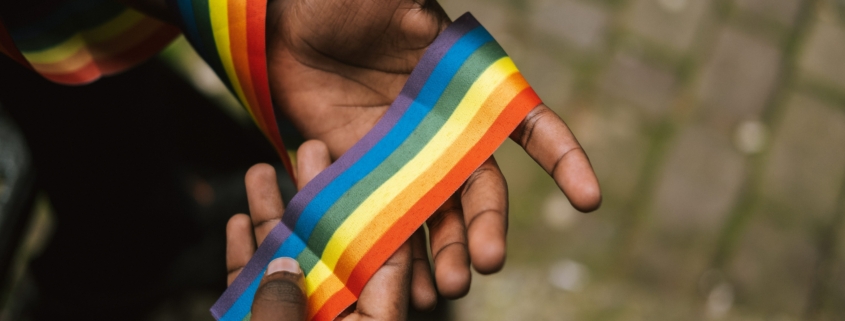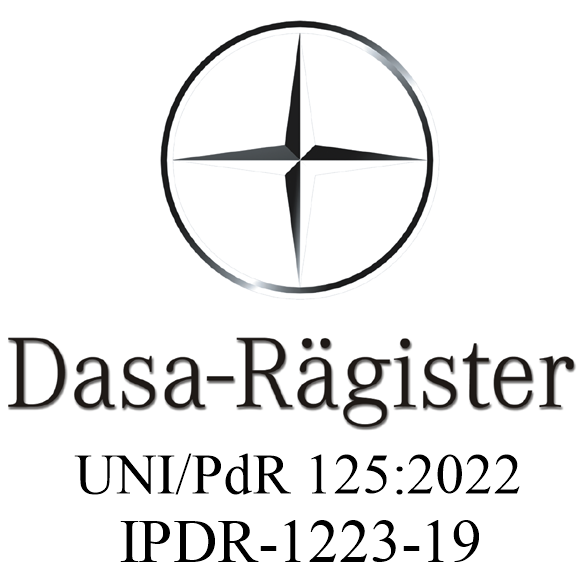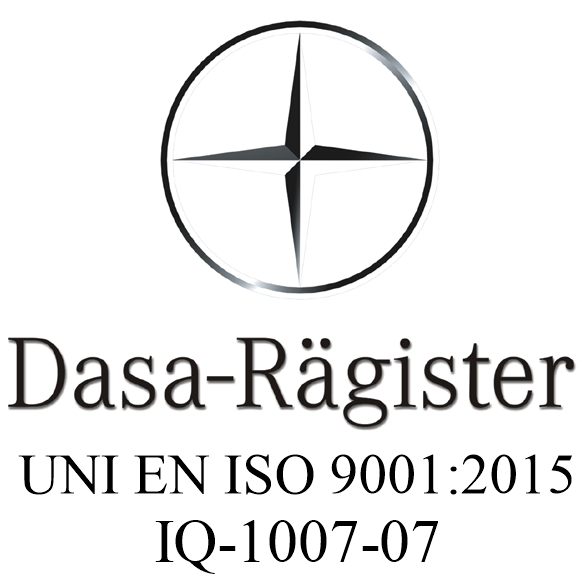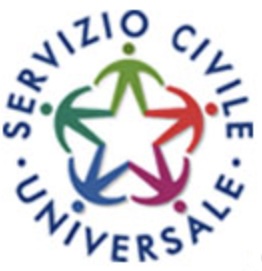OUT&PROUD: a photographic exhibition in Senegal
In most African countries, homosexuality is considered a crime.
Since the 1960s homophobia in Senegal has increased dramatically. Intolerance and negative feelings towards homosexual people are becoming a major social scourge and people belonging to the LGBTQIA+ community in the country, if recognized as such, are abandoned, condemned and deprived of any rights, even by death. From a health point of view, the problem is enormous, in fact 49% of the Senegalese LGBT community is infected with the HIV virus and the percentage is constantly increasing. For fear of being followed, recognized and convicted, many of them do not go to the hospital for screening and do not perform treatment, preferring death.
Today the community is ready to change and take justice into its own hands to eliminate the root of the problem. In Senegal there are three major associations for LGBTI rights, run by two activists, Djamil Ba Bandoura and Diadji Diouf. Since there is no rule of law that guarantees safety to the homosexual community, but instead there is a criminal and social condemnation, associations for the defense of LGBTI rights are fundamental. All homosexuals, of any age, are members of an association.
In July 2019, following a scandal created by a Senegalese singer who defended the LGBTI community during a concert, some religious leaders in the country managed to get hold of the lists of members of LGBTI associations. The request to the group of the great Imams of Senegal was one: to kill one by one all the people on the lists. This authorization never arrived, but the activists had to dissolve the associations and leave the country, with the help of International Bodies and to date, in 2021, they have not yet returned. In the photographic exhibition curated by Federica Landini, the stories of some boys who wanted to tell their difficulties are told in seven chapters. Showing their wounds and their struggle in search of freedom and recognition.
The chapters, in more detail:
- CHAPTER I DJAMIL BA BANDOURA.
Activist and founder of the Prudence Association, which, since the day of its birth , November 30, 2003 to date has counted more than 1000 members. In this part there are shots of Djamil, the signs of his wounds and the story of his flight from the country with the help of the United Nations.
- CHAPTER II VICTOR
It tells of Victor, 24 years old and Catholic family. They immortalize the signs of the aggressions suffered, the difficulties experienced in the family and the impossibility of taking part in any social activity. Thanks to a social network he met Charles a French man who went all the way to Senegal to meet him and they fell in love. Thanks to this photographic project, Victor was taken to the competent French authorities and received asylum and currently lives in France.
- CHAPTER III HOMOSEXUALITY EXISTS AND LACK OF SUBJECTS
Shots of hospital, condoms and at the court in Dakar. . No doctor or mediator or nurse agreed to be photographed for fear of being recognized as helping homosexuals. This chapter reminds us that 49 percent of the LGBT community is infected with the HIV virus and the percentage is constantly increasing. Some Senegalese Ngos, pay, through the World Fund, of people in the LGBT community, often infected, who mediate between patients and the health facility.
- CHAPTER IV AMINA
This part is about Amina, a homosexual living with her grandparents from the moment she ran away from her father, after he injured herself avoiding to admit that his daughter practises sports. Amina is 21 years old and is an activist for lesbian women’s rights. Homosexual women are less persecuted than men.
- CHAPTER V OUMAR
In this part some representative moments of the life of Oumar, who has suffered many aggressions because homosexual.
He remembers the murder of a friend at a party of a homosexual friend, attacked by the neighbors. They capture moments and feelings: the dream of leaving for Europe or America, to have a normal life, without fear and without guilt for being homosexual; His family has not accepted him and since then lives on the street or by some friend or even Oumar on the grave of his friend Ibourahima, who consciously died of AIDS in 2018 but preferred to die keeping his homosexuality in secret.
- CHAPTER VI AMADOU
We are in the outskirts of Dakar. Amadou in his rented room, kicked out of the house because homosexual. With these photos we share the loss of work, the social recognition for Amadou but above all the signs on his body of the countless aggressions he has suffered.
For more information on the photographic project, Federica Landini’s contacts:
francilandini@gmail.com
3356229006
Instagram: landini_francesca
Photo by Anita L., Pexels








